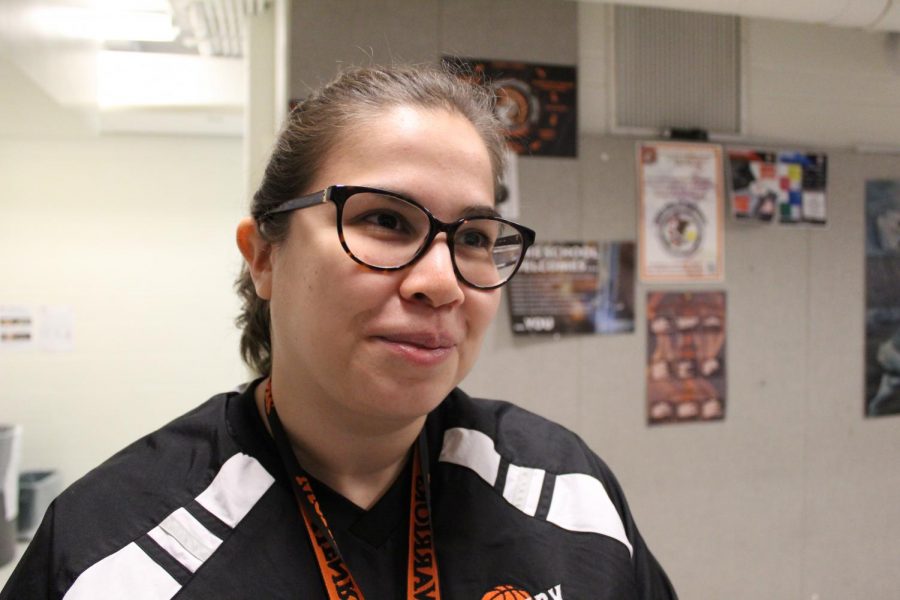Veronica Cornejo
December 13, 2019
Mrs. Cornejo discusses the role race plays in her life. High school is a battle in its own, but the addition of being a minority makes it more difficult.
An English teacher, first-generation Mexican-American, and leader of the Latin American Student Organization (or LASO), Veronica Cornejo knows what it’s like to feel different.
“I went to a Catholic elementary, middle, and high school on the South Side of Chicago,” Cornejo says. “Most of my classmates were Mexican. When I got to high school, I had the amazing opportunity to get to know new classmates from all over Chicago and the surrounding suburbs… It was a new and scary experience for me, I was intimidated to talk to a white girl because I had never had a white classmate until high school.”
Although intimidated, she reached out to her new peers and found a community of people.
“Despite my fears, I allowed myself to open up, listen, be heard, and make new friends that turned into family,” Cornejo reflects. “I am fortunate for this experience as our world is so much bigger than the neighborhoods we grow up in.”
This value is one she brings with her as she leads LASO, a group similar to the “Spanish Club” Cornejo herself was in in high school.
“I think LASO is so important because it is a safe place where all members can be themselves and have fun. I think the common misconception is that LASO is for the ‘just for the Latino students.” Everyone is welcome!”
A place where everyone is able to be a part of a group, have fun, and uplift the communities around them is a very wonderful thing. As stated by Mrs. Cornejo, “I know it can be scary, but that’s how we can be stronger: together. We are a stronger school, community, and world when we can truly lend ourselves to get to know, advocate, and empower each other.”
At the end of the day, the stains racism has left on society may never fully go away. But, recognizing the importance of diversity, as well as practicing empathy to those who have to deal with it, can go far in helping students of color feel understood, represented, and accepted.
